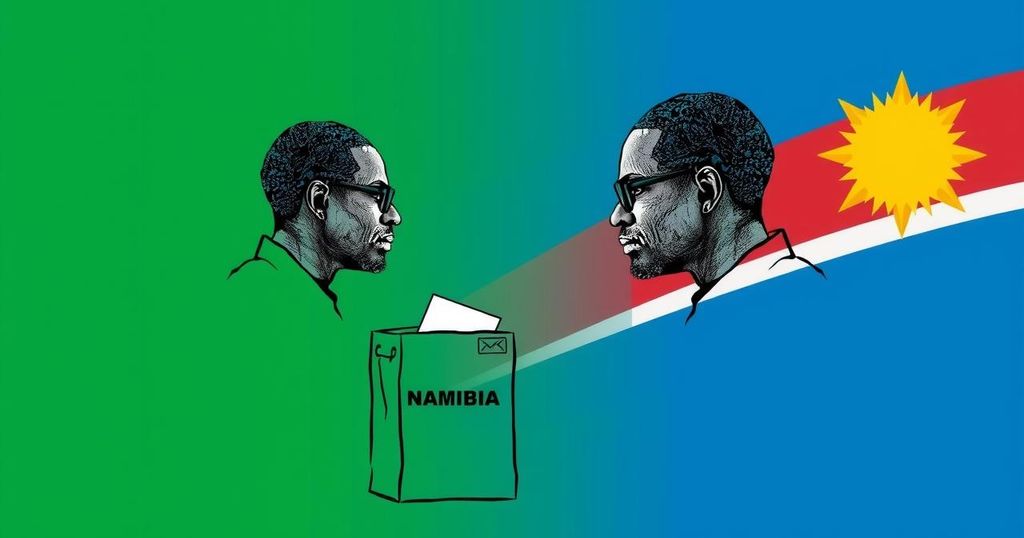The recent elections in Namibia highlighted a significant shift in political dynamics, with Swapo winning the presidential vote but losing parliamentary seats, reflecting a broader pattern in sub-Saharan Africa in 2024 where many incumbents are facing increased losses amid public discontent associated with corruption and economic hardship. Opposition parties are gaining ground, indicating a resurgence of democratic resilience in the face of authoritarian governance.
Namibia’s ruling party, Swapo, despite securing 57% of the presidential vote in the recent elections, has faced a notable decline in its parliamentary presence, leading to questions regarding the election’s legitimacy. This reflects a broader trend across sub-Saharan Africa in 2024, where incumbents have encountered substantial losses amidst widespread public discontent relating to corruption, economic mismanagement, and living costs. The political climate has been tumultuous, with significant opposition victories signaling a growing resilience and demand for accountability from governments, which were previously considered stable. Countries like Botswana, Mauritius, and Senegal experienced similar fates, with established political parties experiencing unprecedented losses as citizens demand effective governance.
In the context of Namibia’s recent elections, where Swapo retained power but lost parliamentary seats, the country exemplifies a larger continental pattern through which Africa’s ruling parties confront increasing challenges from organized opposition movements and public dissatisfaction. Over the course of 2024, sub-Saharan Africa has witnessed a significant electoral shift as numerous governments, previously dominant in their political landscapes, faced enormous backlash from voters. This shift is attributed to the combined effects of economic deterioration, social discontent regarding corruption, and the emergence of well-organized opposition coalitions, marking a potential systemic shift in several nations’ political dynamics.
The political landscape in sub-Saharan Africa is undergoing significant transformation as evidenced by the recent elections in Namibia and across the region, where established political parties are losing their grip on power due to widespread public discontent. The apparent mobilization of opposition parties and civil society suggests a resilient democratic spirit among the population. This year may herald a continuing trend toward increased accountability and responsiveness from governments, challenging the longstanding notions of authoritarian stability within the region.
Original Source: www.bbc.com






